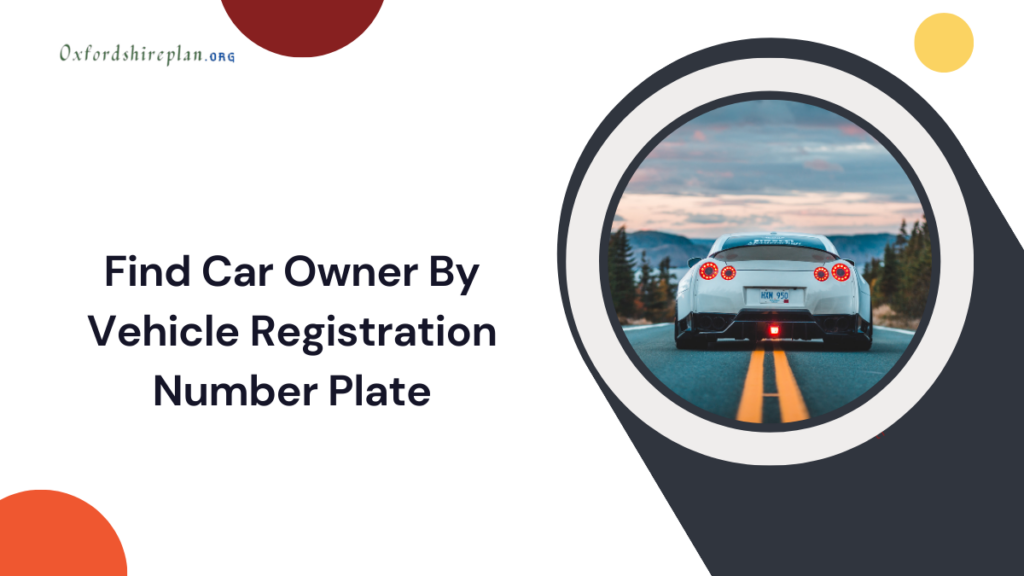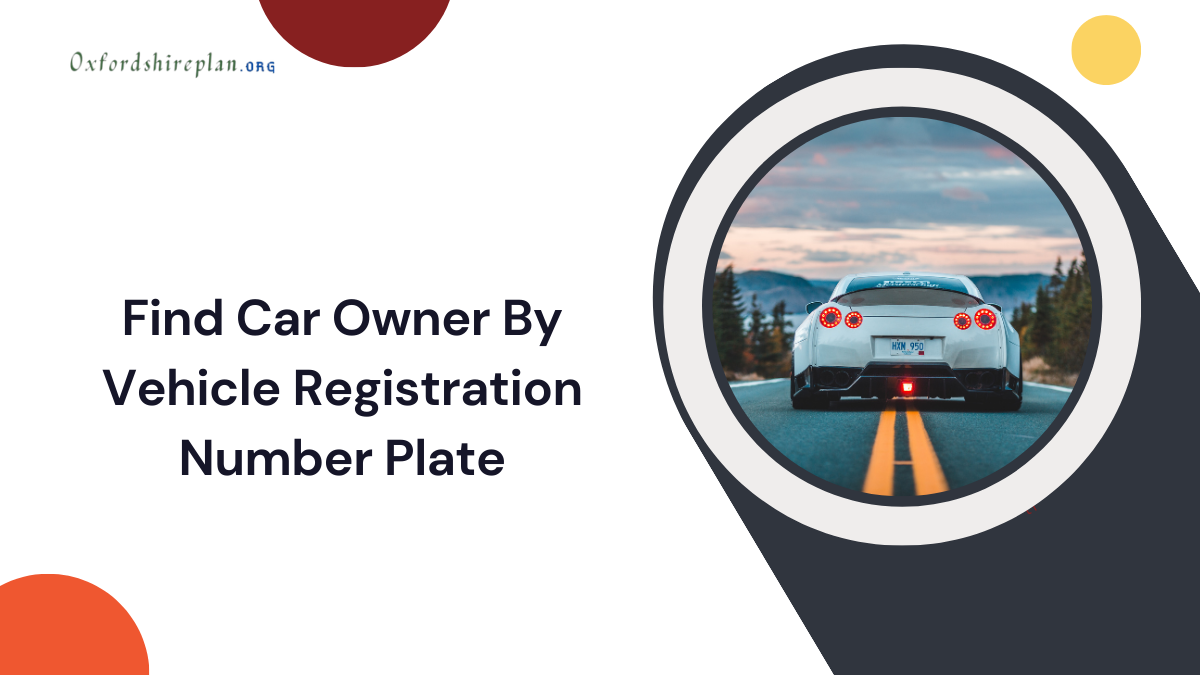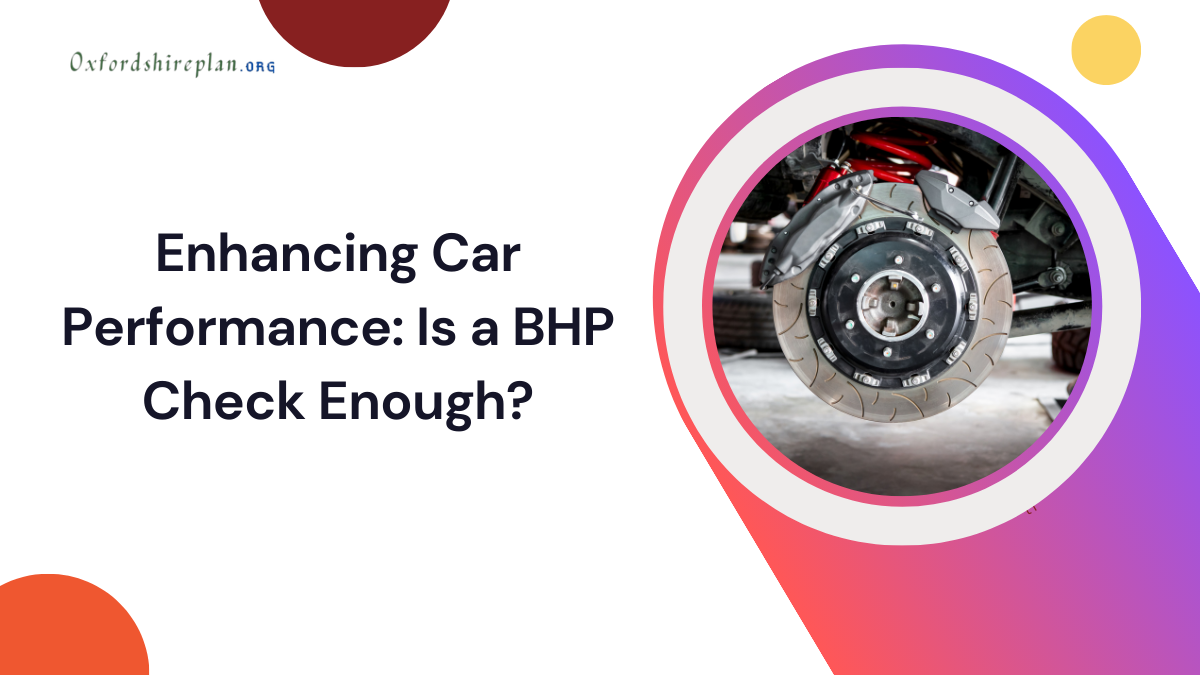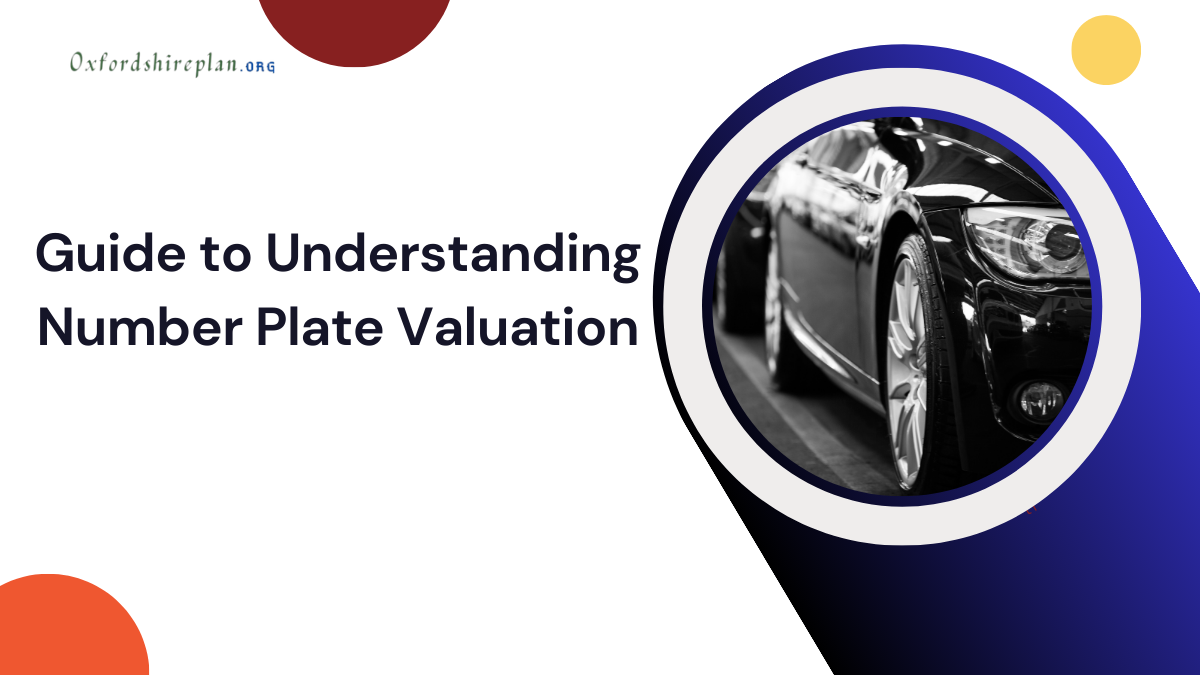Finding the owner information of a vehicle by its number plate (Vehicle Registration Mark or VRM) isn’t as simple as it might appear. In the UK, the Driver and Vehicle Licensing Agency (DVLA) protects vehicle owner data, only releasing it under specific circumstances. This article provides a detailed look at the steps, limitations, and lawful ways to obtain this information, and explores alternative actions you can take if you’re concerned about a vehicle.

Contents
- When to Contact Local Authorities?
- Why contact your local council?
- Will a Vehicle Check Reveal the Registered Keeper’s Details?
- Examples of “Just Cause” Include:
- What Information Does a Vehicle Check Provide?
- Requesting the Vehicle Owner’s Address
- Alternative Steps if You Have a Vehicle-Related Concern
- Common Questions
- Can I Find Out a Vehicle Owner’s Details Due to a Legal Dispute?
- How GDPR Affects Data Requests
- Key Takeaways
When to Contact Local Authorities?
If you’re worried about a vehicle—for instance, if it appears abandoned—it’s often best to reach out to your local council. Most councils have processes to address such situations, and reporting it can save you time and trouble.
Why contact your local council?
- They handle cases related to abandoned or suspicious vehicles.
- They have designated processes and departments for dealing with these concerns.
- This approach prevents you from potentially breaching privacy regulations.
Will a Vehicle Check Reveal the Registered Keeper’s Details?
No, a vehicle check will not disclose the registered keeper’s personal information. UK laws prevent the disclosure of this information without the keeper’s consent. However, there are some cases where the DVLA might consider sharing details if you have a valid, legally recognized reason, often referred to as “just cause.”
Examples of “Just Cause” Include:
- Parking enforcement: Companies managing private parking might request details to issue fines for parking violations.
- Accidents: In some cases, insurers or legal entities may seek information after a road accident.
Note: Vehicle check services, such as FreeCarCheck or an HPI Check, will show details about the number of previous owners but will not provide personal information.
What Information Does a Vehicle Check Provide?
A vehicle check service can offer insight into a vehicle’s history, but personal information about previous owners is protected. Here’s a breakdown of what’s typically included and excluded:
| Information Provided | Information Restricted |
|---|---|
| Number of previous keepers | Names of registered keepers |
| Vehicle history (e.g., MOT records) | Addresses of registered keepers |
| Vehicle specifications | Contact information |
Requesting the Vehicle Owner’s Address
If you require the vehicle owner’s address, you must fill out the DVLA’s V888 form and provide a valid reason. However, the DVLA will only consider requests with a legally justified reason, not for casual or personal interest.
Steps to Request Information:
- Fill out Form V888: Available on the GOV.UK website.
- Provide “Just Cause”: Examples include legal disputes or traffic accidents.
- Submit to DVLA: Wait for a DVLA clerk to review and decide on your request.
Alternative Steps if You Have a Vehicle-Related Concern
In cases where you cannot access the registered keeper’s information, you may consider these options:
- Report to Local Council: For concerns about abandoned or suspicious vehicles.
- Contact DVLA Customer Service: They may guide you through legitimate routes to resolve your concerns.
- Legal Mediation: For disputes, a legal professional can advise you on the correct channels and legal steps.
Common Questions
Can I Find Out a Vehicle Owner’s Details Due to a Legal Dispute?
Generally, vehicle check services do not provide personal information. You may submit a request to the DVLA, but approval is discretionary and depends on the details you provide. The General Data Protection Regulation (GDPR) further restricts the distribution of personal data, so only strong, justified cases are likely to succeed.
How GDPR Affects Data Requests
GDPR has tightened regulations around personal data, meaning that even when you meet the “just cause” requirement, obtaining personal details isn’t guaranteed. This regulation prioritizes individual privacy, making it more difficult for casual or personal data requests to succeed.
Key Takeaways
- Accessing the registered keeper’s name and address is only possible through the DVLA and requires a justified legal reason.
- Casual vehicle checks provide valuable but non-personal information, such as the vehicle’s history.
- Concerns about abandoned or suspicious vehicles are best handled by the local council rather than a personal investigation.
Click here to learn more

I am a dedicated lifestyle and fashion enthusiast, always looking for the latest trends and timeless styles. With a flair for creativity and a passion for self-expression, I provide fresh insights and tips on elevating everyday living and personal style.
















